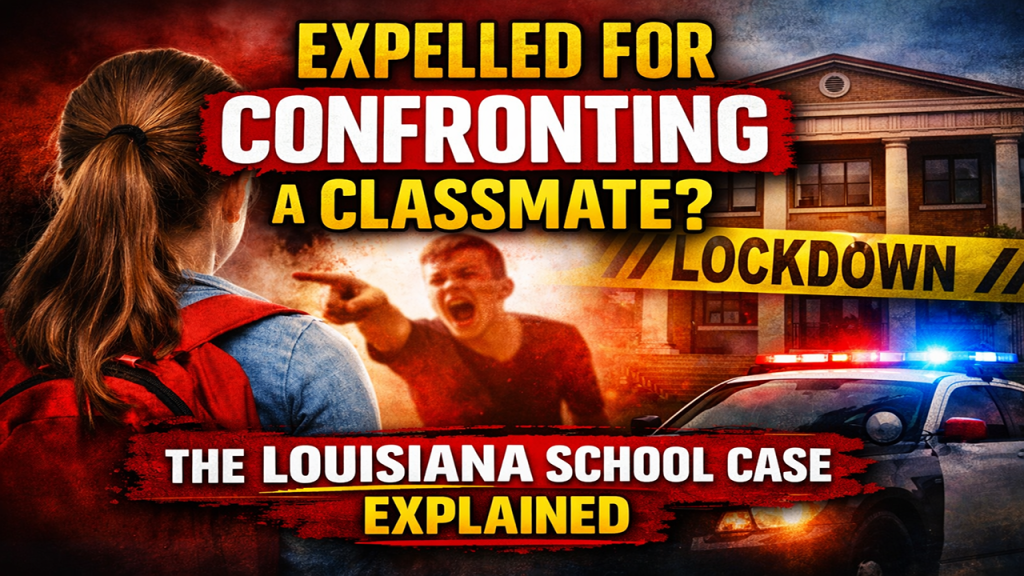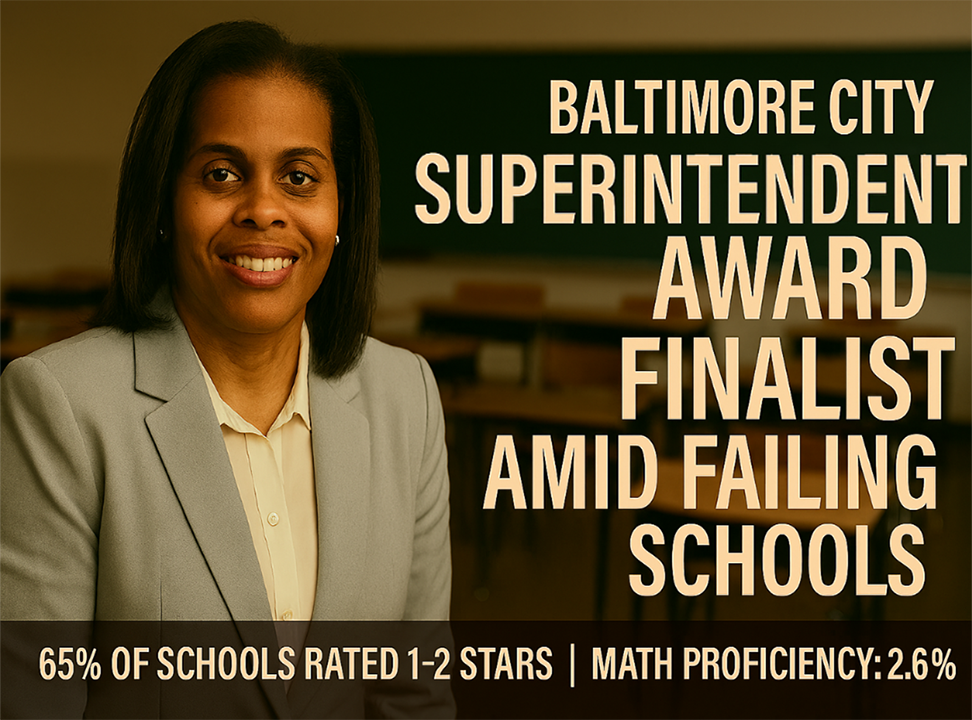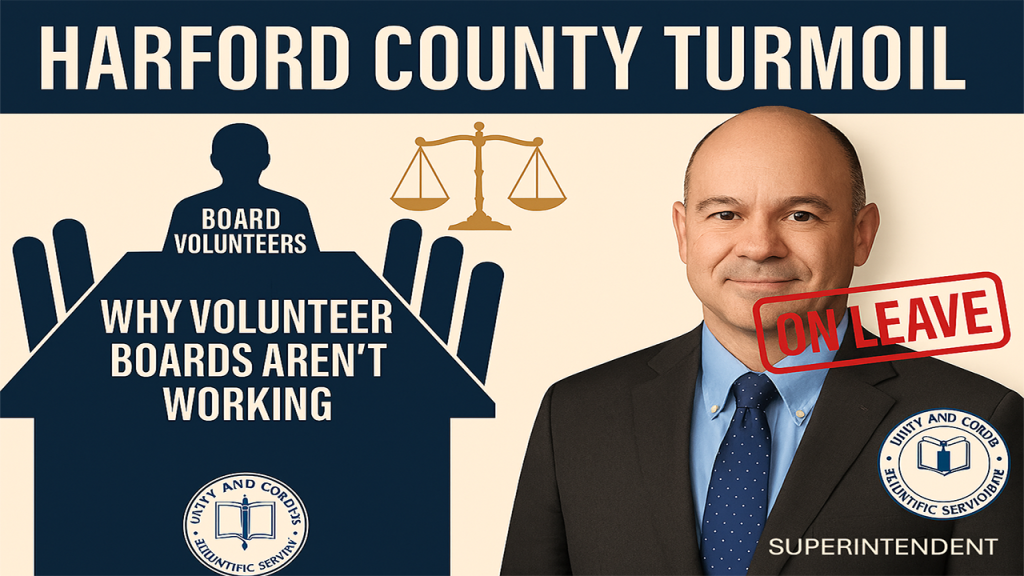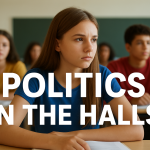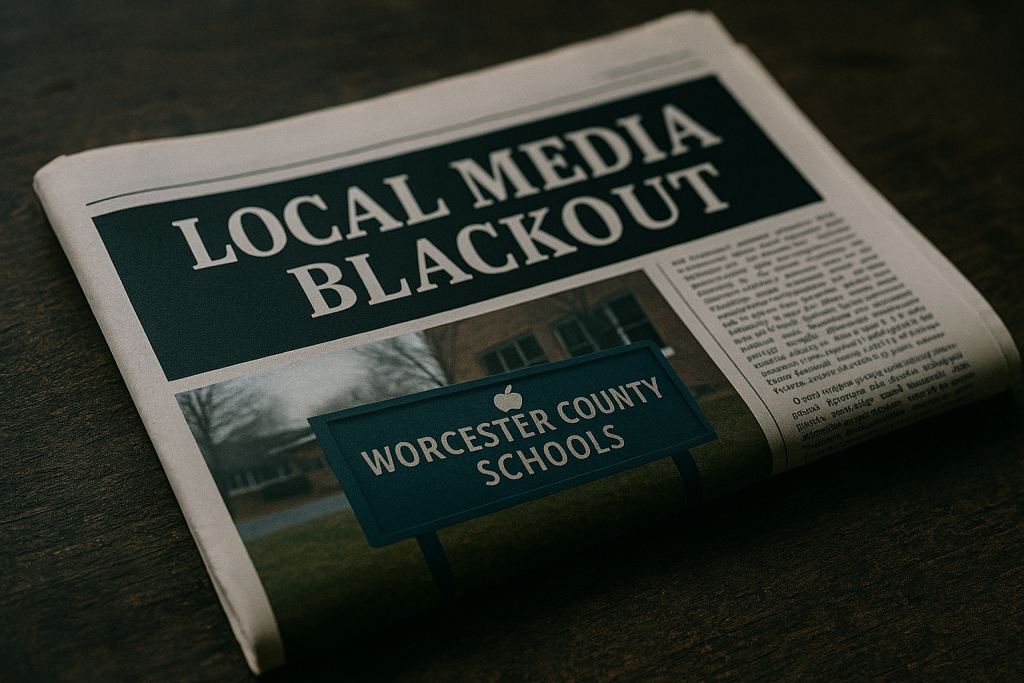
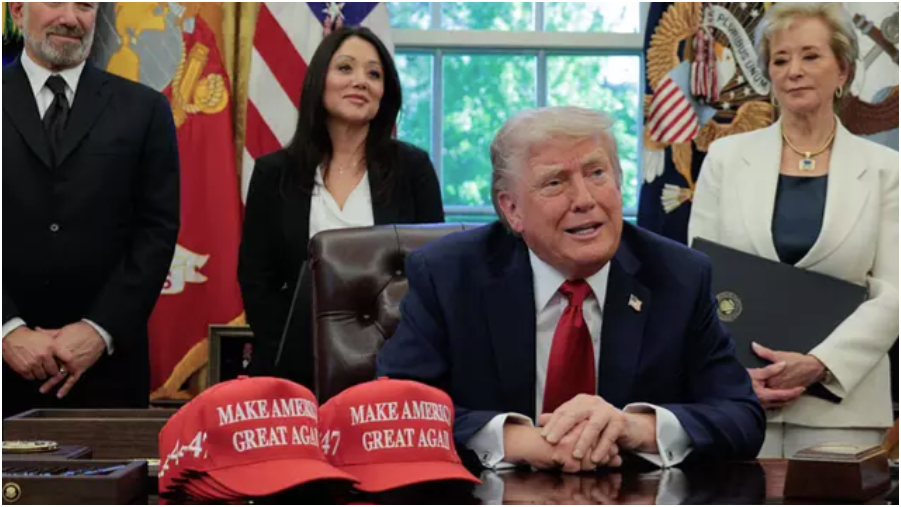
Maryland Schools at a Crossroads: Federal Discipline Order vs. Local Policy
When President Trump signed Executive Order 14280: Reinstating Common Sense School Discipline Policies earlier this year, it sent a message: the federal government wants schools to move away from equity‑based discipline reforms and return to “objective behavior” as the sole measure of accountability. The order warns districts against policies and practices that could be seen as racially preferential, effectively rolling back guidance from the Obama and Biden administrations that sought to use race as a factor in discipline.
But in Maryland, it’s different. Whether you think that is a good thing, or a bad thing, it is simply different. State law and local district policies continue to emphasize equity, restorative practices, and student well‑being. Every Maryland County has such practices embedded in their policies and procedures. The Maryland State Department of Education has reinforced commitments to reducing disproportionate discipline outcomes, requiring districts to track data and implement interventions and policies that consider race as a factor in determining consequences for students who violate the student code of conduct. For many educators and parents here, the federal order feels out of step with the values and priorities shaping our schools.
This political gap is creating tension. On one side, some parents argue that classrooms have become unruly and want stronger discipline measures. On the other, teachers and other student advocates warn that exclusionary practices, such as suspensions, expulsions and police referrals, have consistently harmed some student groups and contributed to achievement gaps.
The resistance seen nationally, such as Arlington Public Schools in Virginia openly defying federal directives, shows the challenge Maryland districts now face. Do they align with Washington’s call for stricter discipline, or continue pursuing reforms that prioritize fairness and inclusion? For local leaders, the answer will require balancing compliance with community expectations, state mandates, and the lived realities of classrooms. Unfortunately for them, MSDE has made it clear that they are in charge and will override any attempt of a conservative agenda. One only needs to look at Harford and Somerset Counties to see the state flexing its muscle.
Families want assurance that schools are safe, but they also want to know that discipline is applied fairly. Educators want clarity on how to enforce rules without undermining equity commitments. And students, most of all, need to feel that their schools are places where they belong.
Maryland’s path forward will need to involve engaging communities in honest dialogue about what safety and fairness should look like in our schools.
In early November, Arlington Public Schools, in neighboring Virginia, publicly stated they would continue equity‑based practices and allow students to participate in activities aligned with their gender identity, despite the Trump administration’s executive order and its interpretation of Title IX. Local leaders argued that community values and state mandates take precedence over federal directives, even as the administration warned of potential funding consequences. This defiance has become a focal point in the broader debate, showing how districts in Maryland and across the country may confront similar tensions between Washington’s push for “commonsense discipline” and local commitments to equity and inclusion.
Maryland has many conservative communities that favor a more traditional approach to discipline, the state as a whole, however, has something different in mind. The federal order may have added to the debate, but here the pressing issue is whether outside directives will override local priorities, or whether Maryland schools will continue to uphold their commitment to student safety and student success.
Dig Deeper With Our Longreads
Newsletter Sign up to get our best longform features, investigations, and thought-provoking essays, in your inbox every Sunday.
The MEN was founded by John Huber in the fall of 2020. It was founded to provide a platform for expert opinion and commentary on current issues that directly or indirectly affect education. All opinions are valued and accepted providing they are expressed in a professional manner. The Maryland Education Network consists of Blogs, Videos, and other interaction among the K-12 community.





